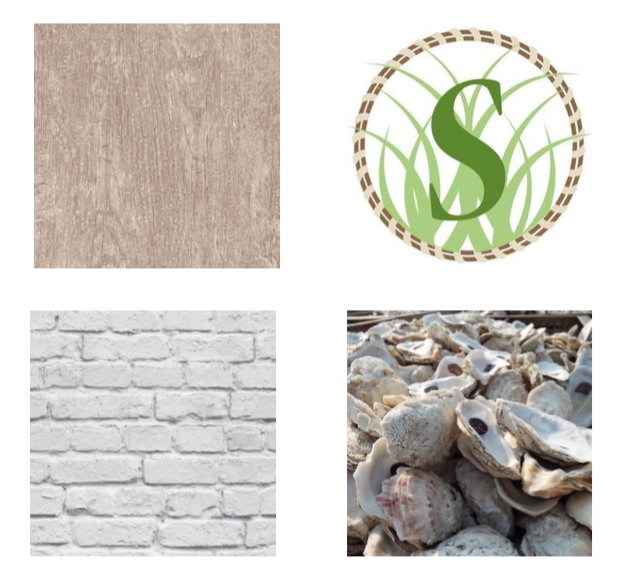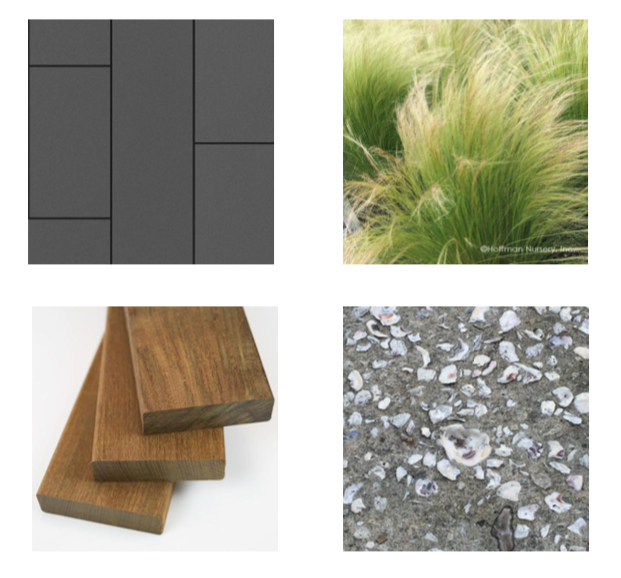As small business owners and proud members of Lowcountry Local First, we believe in supporting our hyperlocal economic eco-system, hence this year’s edition of RDA’s Holiday Gift Guide will highlight our go-to Park Circle / North Charleston businesses. We encourage everyone to be intentional with your dollars as shopping local provides great benefits for both individuals and communities. When consumers choose to patronize local businesses, they support their local economy, as a greater percentage of their spending stays within the community. This helps create jobs and stimulates economic growth by fostering entrepreneurship. Additionally, local shops often offer unique products and personalized customer service that larger chains cannot match. Shopping locally also contributes to a sense of community identity and cohesion, as residents become more connected to the places they live. Furthermore, local businesses tend to have a smaller environmental footprint, reducing the impact associated with long-distance shipping and promoting more sustainable practices. Consider supporting one or more of our Park Circle neighborhood shops below this holiday season or those local to you.
“For every $1 spent with a local business, over two-thirds ($0.68) stays in the local community to support local families, local causes, and other local businesses. It’s called the multiplier effect. By contrast, for every $1 spent with a national retailer, only about 30% to 40% stays local, or $0.30 to $0.40.”
Self-described as Community Oriented, Socially + Environmentally Conscious, Creative Thinkers, Inspiring Makers and Educatoris, the team at Roadside Blooms is not only the experts on flower arranging, events and workshops, but have a curated selection of plants and gifts at all price ranges. OR give someone on your list “Flowers for a Year!”
[4491 Durant Ave, North Charleston, SC]
Curated by Charleston Interior Designer, Lauren Waldorf, Shop Domestics offers “fine and found goods for the Soulful Home. Shop Domestics brings together a collection of furniture, home decor, self care items, accessories for you and your home.”
[4411 Spruill Ave, North Charleston, SC]
In addition to purchasing spirits, Firefly Distillery offers branded merch, unique tailgating and bar gifts - or consider a gift card for a Tour and Tasting experience.
[4201 Spruill Ave. North Charleston, SC]
Stop by Odd Duck for coffee and breakfast and peruse their collection of local food and beverages as well as locally made products from Rewined and Old Whaling Company to name a few.
[1082 E Montague Ave, North Charleston]
“Whether you're announcing your new little one to the world, celebrating a long-awaited adoption, congratulating a loved one, documenting your baby's monthly growth, or sending your kids off to school... we're here to help you mark milestones and holidays and make them memorable!”
[4470 Newmans Aly, North Charleston, SC]
Itinerant Literate Books opened in 2015 as a mobile and pop-up bookstore and in 2018 opened the flagship bricks-and-mortar Bookstop in Park Circle. Our name is reflective of our mission: we believe stories are powerful vehicles for growth and that access to knowledge should not be limited by zip code or district.
[4824 Chateau Ave, North Charleston, SC]
“A thoughtful mix of goods made and gathered for you and your neighbors.” Curated by Jamee Haley of Lowcountry Local First fame, Neighborly is the newest shop on this list, officially opening on Small Business Saturday 11/30 and carrying local brands J Stark and Smithey Iron Works among many others.
[1042 E. Montague Ave, North Charleston]
This popular vendor centric shop has a mixture of art, home goods, records, vintage furniture and clothing.
[4610 Spruill Ave, North Charleston, SC]




















